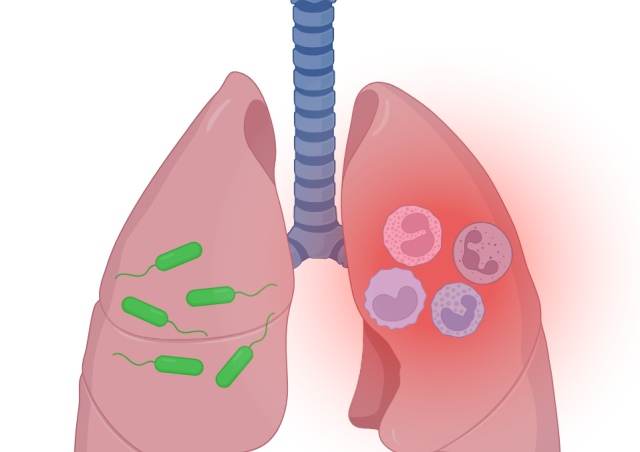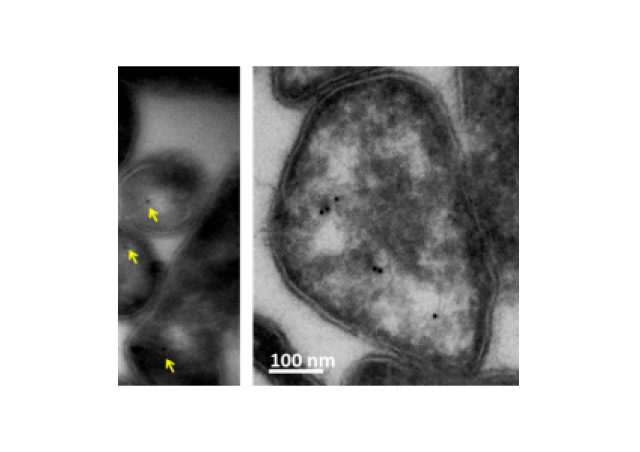Associated members
Project
Cystic fibrosis is characterized by a mutation in the CFTR (Cystic Fibrosis Transmembrane Conductance) protein, a chloride channel. A defect in CFTR activity in epithelial cells leads to thickening of bronchial secretions, bacterial infections (notably P.aeruginosa) and chronic inflammation dominated by neutrophils with excessive deleterious potential. Neutrophils, whose activation mechanisms are deregulated, are now considered therapeutic targets for controlling this pulmonary inflammation.
The aim of our work is to understand the mechanisms controlling neutrophil activation and death in cystic fibrosis, and to elucidate their alterations in terms of function and phenotype in this pathological context.

Neutrophils from cystic fibrosis patients have exaggerated survival due to increased PCNA expression. In our team, we observed that neutrophils from cystic fibrosis patients have delayed apoptosis associated with increased PCNA expression, favoring their persistence at the inflammatory site. Interestingly, inhibition of PCNA by a p21 peptide restores normal apoptosis.
Promoting neutrophil apoptosis in cystic fibrosis : a new therapeutic avenue ? In the same therapeutic line, we have shown that roscovitine, a synthetic cyclin kinase-dependent inhibitor, triggers neutrophil apoptosis in cystic fibrosis and restores apoptosis similar to that of healthy donors (Moriceau et al J Innnate Immunity 2009). Roscovitine is currently being tested in cystic fibrosis patients.















